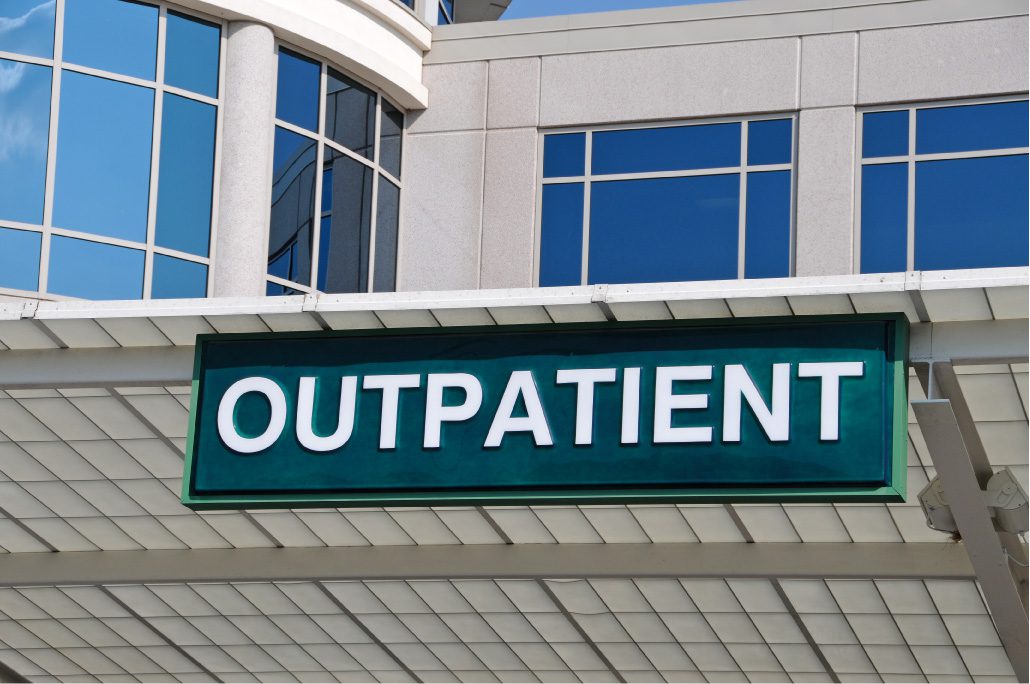Navigating Mental Health Awareness Month: Building a Resilient and Compassionate Community at OverlandIOP
Mental Health Awareness Month in May presents a valuable opportunity for us to address the significance of mental well-being and work towards building a more compassionate and resilient community. At Overland IOP, we are steadfast in our mission to provide support for individuals facing mental health challenges, and we recognize the importance of cultivating an inclusive and understanding environment. As we observe Mental Health Awareness Month, let’s join hands to promote mental wellness, engage in meaningful conversations, and extend a helping hand to those in need. In this article, we will discuss the objectives of Mental Health Awareness Month, explore the role of empathy and resilience in mental health, and offer practical ways for you to contribute to mental wellness in your community.

Mental Health Awareness Month: A Time for Unity and Understanding
Established in 1949 by Mental Health America, Mental Health Awareness Month has since been dedicated to raising awareness and breaking down the stigma associated with mental health issues. By uniting individuals, organizations, and communities in the pursuit of mental wellness, we can create a positive impact on the lives of those affected by mental health challenges.
Empathy and Resilience: Key Components in Mental Health
Empathy, the ability to understand and share the feelings of others, plays a crucial role in fostering mental wellness. By demonstrating empathy, we can create a supportive and inclusive environment where people feel comfortable discussing their mental health challenges. Resilience, on the other hand, is the capacity to adapt and recover from adversity. Building resilience not only empowers individuals to cope with mental health challenges but also strengthens the community as a whole.

Ways to Contribute to Mental Health Awareness Month
Here are some ways you can make a difference during Mental Health Awareness Month:
- Engage in open dialogue: Encourage discussions about mental health within your circle of friends, family, and colleagues. By normalizing these conversations, we can help reduce the stigma associated with mental health issues.
- Educate yourself: Equip yourself with knowledge about mental health conditions, their signs and symptoms, and available resources. By understanding mental health challenges, you can better support those who may be struggling.
- Practice empathy: Listen actively and offer to understand to those who share their mental health experiences with you. Create a safe space for open conversations, free from judgment or criticism.
- Foster resilience: Support the development of resilience by encouraging self-care, maintaining healthy boundaries, and promoting problem-solving skills among your friends, family, and colleagues.
- Participate in events and campaigns: Take part in local and national mental health events, campaigns, or fundraisers. Your involvement can raise awareness and contribute to the collective efforts in supporting mental wellness.


Mental Health Awareness Month serves as a reminder of the importance of mental wellness and the power of empathy and resilience in creating a supportive community. At OverlandIOP, we encourage everyone to participate in the observance by engaging in conversations, educating themselves, and extending a helping hand to those in need. Together, let’s make a difference this Mental Health Awareness Month and contribute to the well-being of our communities!
Published: April 24, 2023
Last Updated: April 24, 2023

Published: February 14, 2026
Medication-Assisted Treatment (MAT): How It Works?
Summary: Medication-assisted treatment (MAT) is an evidence-based approach to addiction treatment that combines FDA-approved medications with behavioral therapy and counseling to treat substance use disorders — primarily opioid and alcohol addiction. MAT is endorsed by the Substance Abuse and Mental Health Services Administration (SAMHSA), the National Institute on Drug Abuse (NIDA), and the World Health […]
Read more
Published: February 06, 2026
Talk Therapy: Types, Benefits & How It Works in California
Summary: Talk therapy — also known as psychotherapy — is a structured, evidence-based treatment approach in which a trained mental health professional helps individuals identify, understand, and change the thoughts, emotions, and behaviors that contribute to mental health conditions and substance use disorders. It is the foundation of treatment for depression, anxiety, PTSD, personality disorders, […]
Read more
Published: January 27, 2026
What Is DPD? Understanding Dependent Personality Disorder
Most people don’t ask, “What is DPD or Dependent Personality Disorder?” They come in feeling drained, anxious, and stuck in relationships that feel restrictive yet hard to leave. Being alone feels unsettling. Decision-making feels paralyzing. Reassurance becomes a daily necessity rather than a comfort. At Overland IOP in Los Angeles, we often see Dependent Personality […]
Read more
